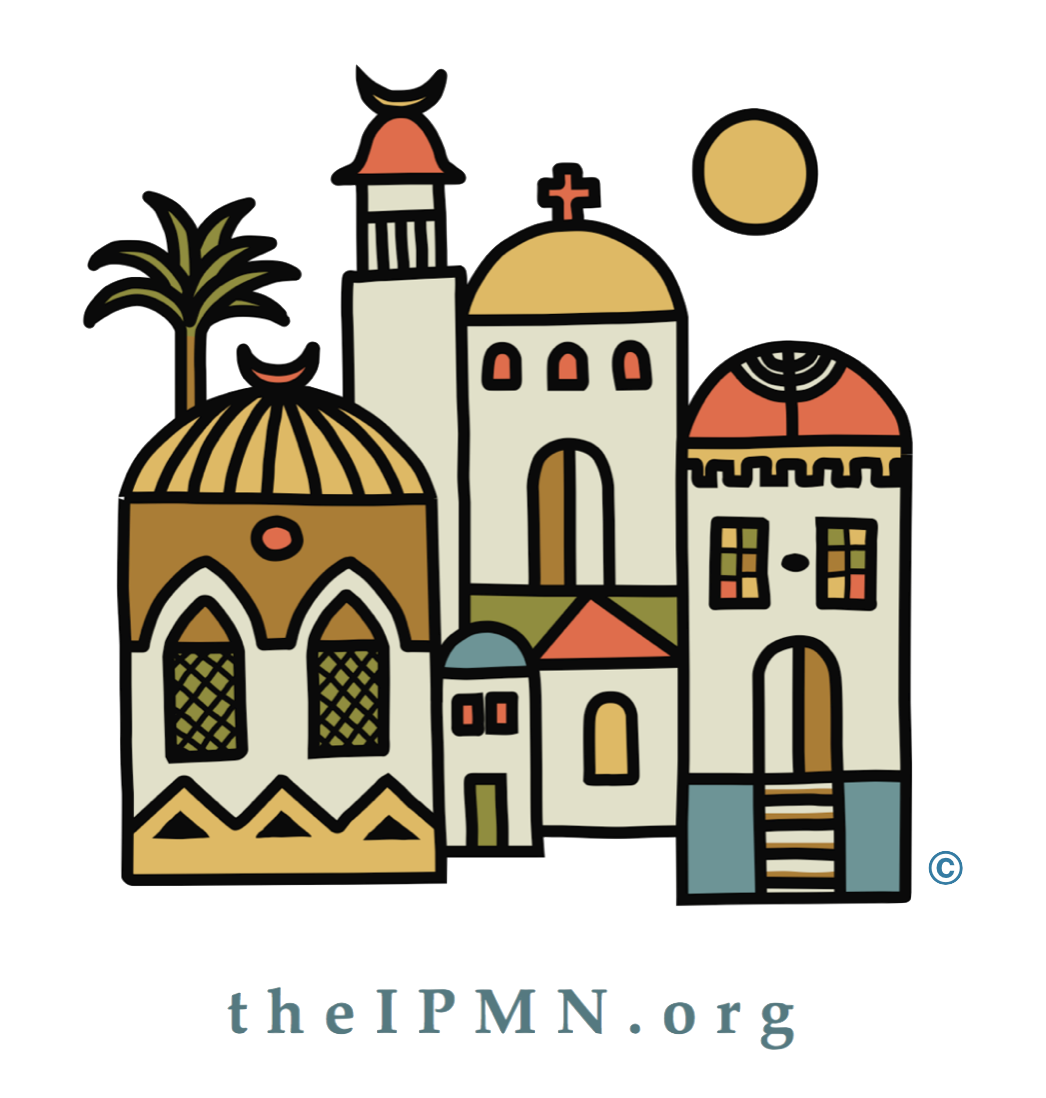World Communion of Reformed Churches - GENERAL COUNCIL 2017: Public Witness Report
PALESTINE - AN URGENT ISSUE OF FAITH FOR THE WORLD COMMUNION
This year marks 69 years since the creation of the State of Israel. The General Council wishes to reaffirm its commitment to peace and security for the Israeli people and state. The General Council also affirms that the creation of the State of Israel had a significant consequence: the loss of homeland for the Palestinian people, and the creation of three quarters of a million Palestinian refugees, whose numbers now total over six million.
In an open letter to the ecumenical movement published on June 21, 2017, the National Coalition of Christian Organizations in Palestine has called the situation “on the verge of catastrophic collapse” declaring that this is the “last chance to achieve a just peace… and to save the Christian presence in this land.” They have appealed to the world church for costly solidarity with them to end their oppression and gain their freedom, through solidarity visits, reviewing theology, economic actions, and support for their freedom to exercise their religious, social and political rights.
Many of us have seen with our eyes and heard with our ears the painful realities of life for Palestinians in East Jerusalem, the West Bank and Gaza. We have been witness to the daily, grinding humiliation of women, men and children; the deaths of civilians; the demolition of homes; the confiscation of water resources; the isolation and ongoing diminution of the Palestinian population of Jerusalem; severe restrictions on freedom of movement, education, commerce, electricity, healthcare, and access to holy places; the unlawful practice of administrative detention, including of children; and the taking of land through the construction of illegal settlements and a separation wall built on Palestinian land. Palestinians who live in the State of Israel, while citizens with the obligations of citizenship, also suffer injustice through discriminatory policies in housing, employment, and more. The re-configuration of Jerusalem in particular jeopardizes the historical place and shared identity of Jerusalem, which is part of its holiness.
We acknowledge and confess that the Christian faith has been used to justify the injustice against the Palestinian people. Any use of the Bible to legitimize or support political options and positions that are based upon injustice, imposed by one person on another, or by one people on another, strip the Word of God of its holiness, its universality and truth. All who suffer share in the groaning of the Holy Spirit for the liberation of all peoples and their joining in one spiritual communion. The ongoing condition of occupation, and the continuing denial of Palestinian rights has cast a shadow over generations of Jewish Israelis who have borne the social, psychological and spiritual burdens of the role of occupier.
According, the General Council:
Affirms that with respect to the situation of injustice and suffering that exists in Palestine, and the cry of the Palestinian Christian community, that the integrity of Christian faith and praxis is at stake.
Instructs the General Secretary to initiate a programme to:
Collect studies and materials that speak to the cry of the Palestinian people, and make them available to member churches.
Undertake study and discernment, using the resources available from member churches and the ecumenical movement, regarding theology that has been employed to legitimate the oppression of the Palestinian people, recognizing that such a study might result in the need for prophetic action and a call for a “processus confessionis”.
Instructs the Executive Committee, with the Secretariat, to respond (before the end of 2017) to the letter of June 21, 2017 from the National Coalition of Christian Organizations in Palestine indicating what actions can be taken in response to their cry for costly solidarity.
Encourages member churches to examine their mission, education, and investment relationships with Israel and Palestine in light of the witness of Palestinian Christians and to respond as they understand the Reformed communion’s fundamental commitments to human rights and the protections of international law.
Instructs the Executive Committee to encourage and support (with practical help from member churches) delegations to visit the region to connect with the present day Christian community - the “living stones”- of the Holy Land, to witness their situation and express support for their desires for freedom and self-determination.

